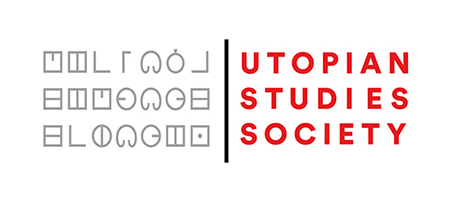REGISTRATION INFORMATION
Those who registered for the conference, acknowledged the handling of their data according to the Privacy Statement of Central European University. You can read the Statement here.
USS/E SOCIETY FEE:
Please note that the USS/E membership fee of 20 EUR, which entitles you to the annual membership in the Society, is separate from the Conference fee and is the Society’s only source of funding travel grants for utopian scholars and covering the costs of current expenses (such as bank account, USS/E website). It is not possible to participate in a USS/E Conference without paying the Society Fee. Members of the USS/E accept the regulations of the society (https://utopian-studies-europe.org/constitution-and-regulation/ ) and particularly our ECR/EDI statement (https://utopian-studies-europe.org/ecr-edi-statement/ )The membership fee should be paid until 30th April 2024.
Host Committee:
Czigányik Zsolt, Iva Dimovska, Daryna Koryagina (CEU Democracy Institute, “Democracy in East Central European utopianism” research group)
Academic Committee:
Éva Antal (EKKE University, Eger), Vera Benczik (ELTE University, Budapest), Gregory Claeys (Royal Holloway), Justyna Galant (University of Gdansk), Marta Komsta (Maria Curie-Skłodowska University, Lublin), Csaba Maczelka (University of Pécs), Sándor Hites (Research Centre for the Humanities), Károly Pintér (PPKE University, Budapest), Ádám Takács (ELTE University, Budapest)
The conference is supported by Central European University’s Democracy Institute and the Gerda Henkel Foundation.


